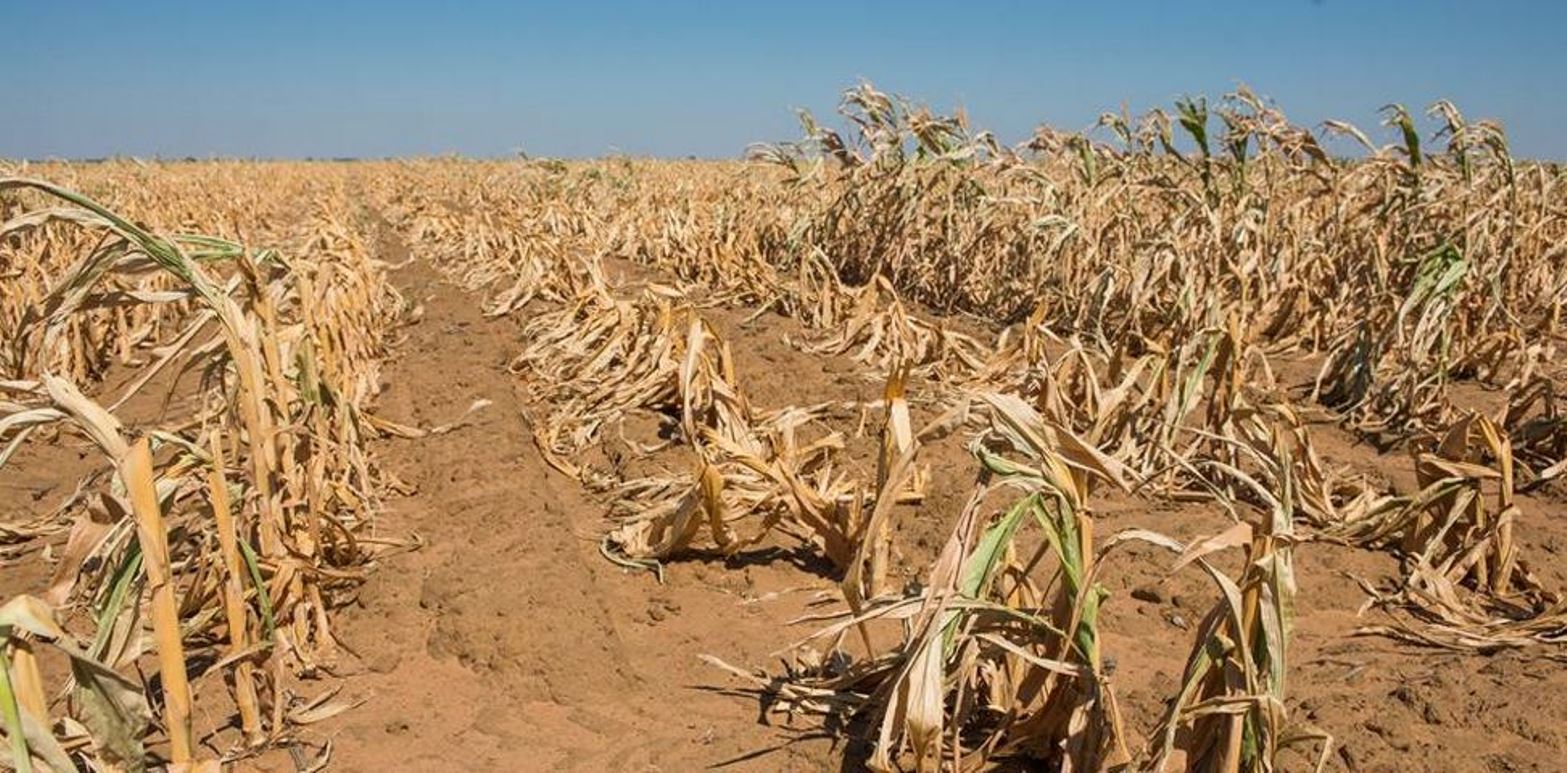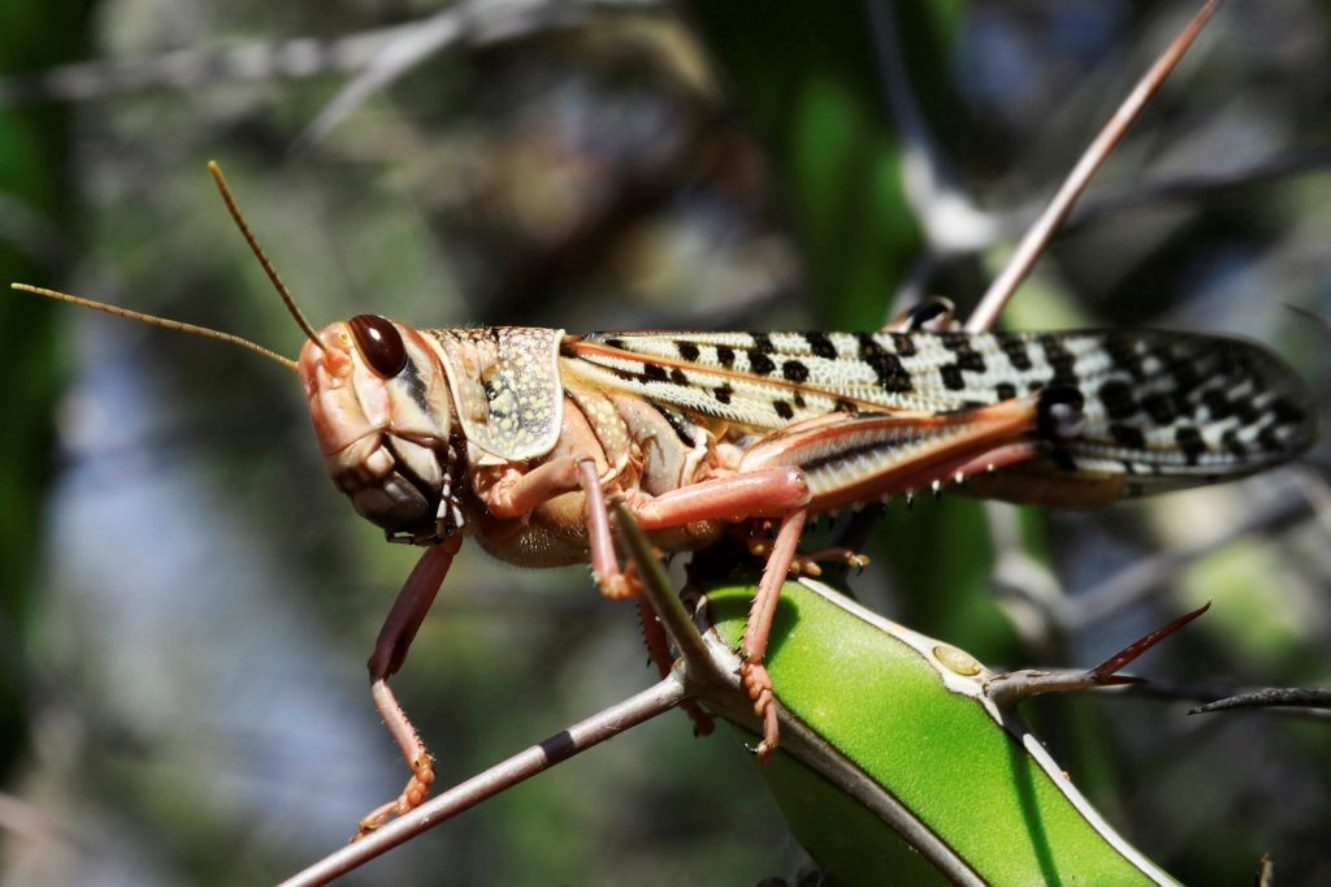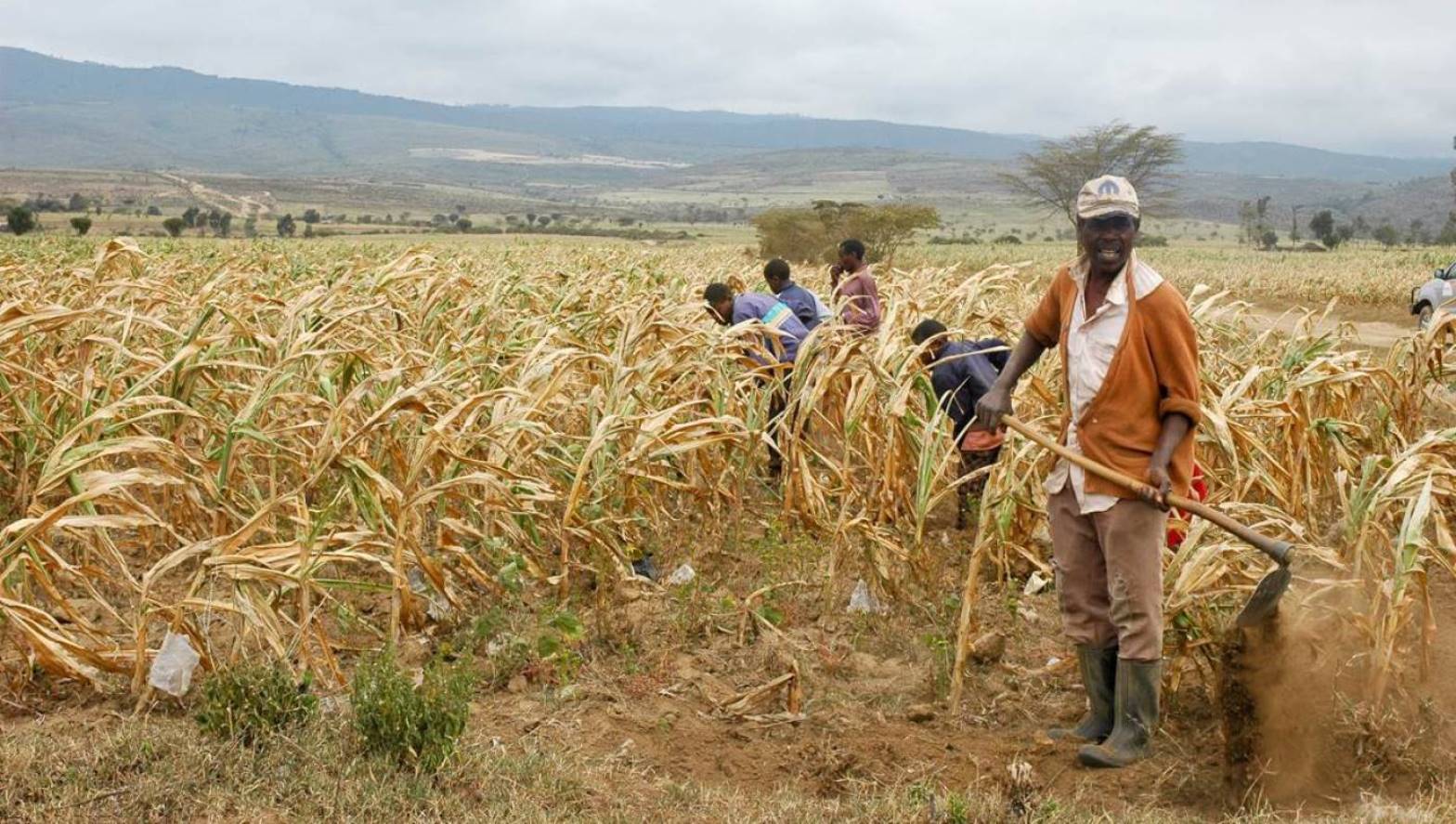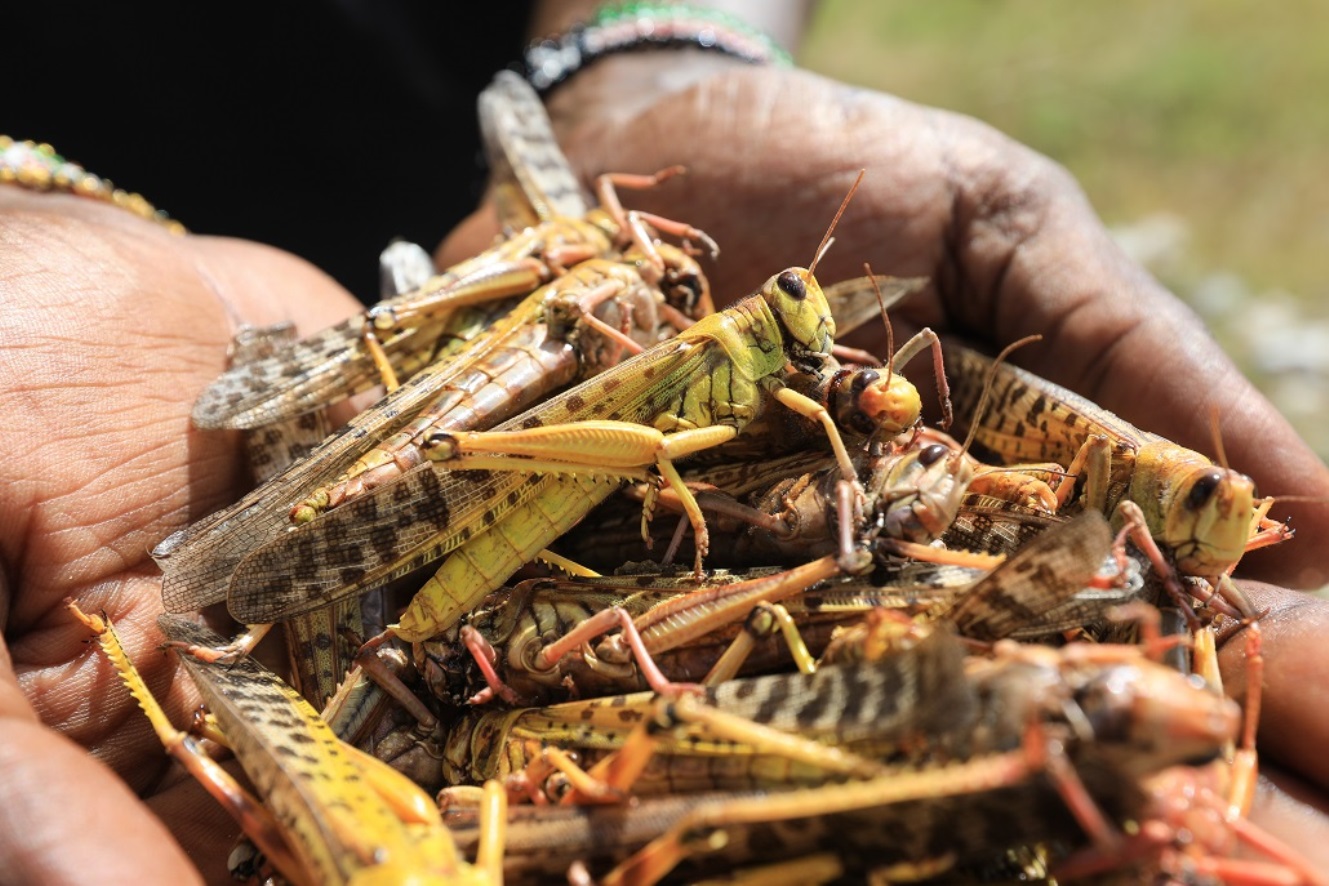WHAT STAWI DO REGARDING AGRICULTURE INSURANCE IN TANZANIA

Agricultural insurance access and acceptability are constrained by limited knowledge of agricultural insurance products and packages by most smallholder farmers (SHFs) and giant farmers in Tanzania regardless of their production capacities. With this evidence, STAWI collaborates with several financial institutions and insurance companies to incentivize this augment to capacitate smallholder farmers to understand the importance of agriculture insurance in Tanzania. Food security stakeholders in collaboration with insurance companies and the government of Tanzania can consider bundling attractive and secured insurance products /packages to improve uptake and accessibility of agricultural insurance in Tanzania.
As agriculture insurance is being evidenced to be a serious issue in Tanzania, STAWI has envisaged continuing to give out insurance knowledge to build knowledge as well as coaching and mentoring SHFs to understand the importance of agricultural insurance as a useful tool for managing agricultural risks. The STAWI’s mission in this area is to empower SHFs with knowledge and understanding that, agriculture insurance will remain to be a good mitigation strategy of agriculture risks in almost all fields of agriculture disaster.
Much effort should be kept to strategies access and acceptability of agriculture insurance for two primary dominant insurance products packages within the Tanzania market as; Multi-Peril Crop Insurance Package (MPCIP) for commercial farmers and Weather – Drought Index Insurance Package (WIIP) for smallholder farmers. Other potential insurance packages to be considered can be the Multi-Peril Insurance for Poultry Package (MPIP) for commercial farmers and Area Yield Index Insurance Package (AYIIP) despite this package being under trial. The records for access and acceptability of agricultural insurance in Tanzania indicate that the enrollment of agriculture insurance by farmers in Tanzania has grown by 65% from 2011 to 2018 and the insured area increased by 84–90% from 2011–2018 and dropped by 55% from 2016 to 2018.

Weather-related risks frustrate agricultural productivity gains especially in the face of climate change and pests invasion. Agricultural insurance coverage will remain to help as a most trustworthy risk mitigation apparatus for

coping with climate-related hazards. This anyhow, agricultural insurance penetration among smallholder farmers in Tanzania remains low. It is the role of all agriculture stakeholders in Tanzania to commit to empowering Tanzanian smallholder food crop farmers to understand the importance of agriculture insurance as the only means for tackling agriculture risks in Tanzania
The reality of the access and acceptability of agriculture insurance by smallholder farmers’ shown to be low and scarce but ironically considered to be useful by many as an effective tool to treaty agricultural risks. Inadequate knowledge about agricultural insurance products packages constituted the most stated reason for the scarce adoption rate, followed by the unavailability of friendly insurance products packages in areas needed but absent. Acceptability and accessibility of agricultural insurance are further influenced by gender, educational level, low knowledge, information irregularity, and wrong perception concerning agricultural insurance products by most Tanzanian farmers. Sense of security and reduced impact of climate variability constituted important benefits guaranteed by agricultural insurance of which most farmers should be empowered/capacitated to independently opt without fear and questions. STAWI role is to foster access and acceptability of agriculture insurance by smallholder farmers by connecting them with reputable insurance companies in Tanzania
